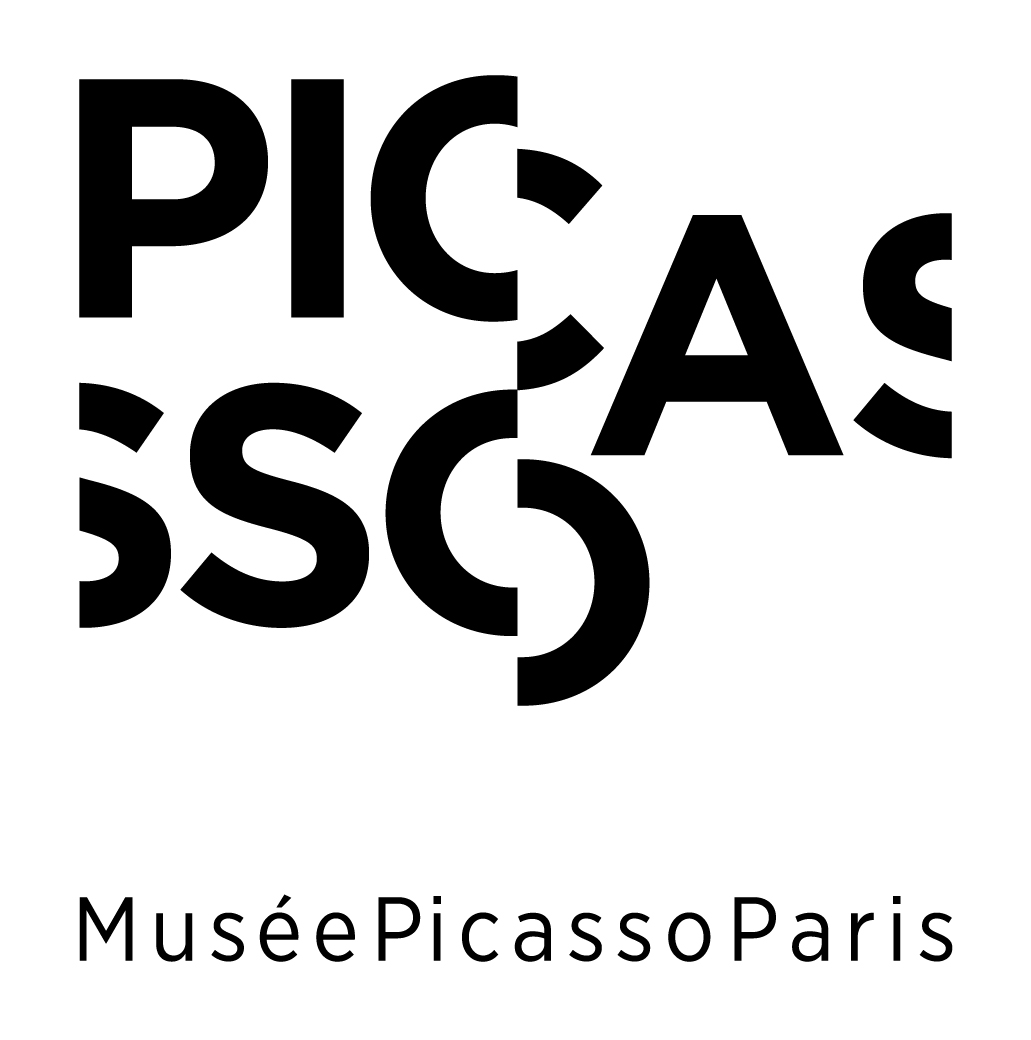Salle 2.4 Picasso Politique / Picasso’s politics
Réunion des amis de l’Espagne républicaine chez Picasso, aux Grands-Augustins
Avec Pablo Picasso
Les Actualités Françaises - Réunion des amis de l'Espagne républicaine chez Picasso - 01/01/1946
© Ina © Succession Picasso, 2021
Journaliste : Je vais maintenant interviewer Picasso. C’est la première fois que Picasso se fait interviewer au micro. Et si vous le permettez, nous allons nous livrer à une petite fantaisie radiophonique qui consiste à revenir un petit peu en arrière et à vous faire écouter la voix de Picasso lorsqu’il a prononcé son premier discours au Congrès mondial des intellectuels pour la paix. Vous allez donc écouter le discours de Picasso et ensuite je l’interviewerai personnellement.
I am now going to interview Picasso. It will be the first time that Picasso is interviewed on the microphone. And if you don't mind, we're going to go back a little bit and have you listen to Picasso's voice when he gave his first speech at the World Congress of Intellectuals in Defense of Peace. So you're going to listen to Picasso's speech first, and then I'll interview him personally.
(Applaudissement)
(Applause)
Picasso : Pablo Neruda, mon ami est non seulement un grand poète, mais il est un homme qui comme nous tous ici, s’est attaché à exprimer le bien et les formes du beau. Il a toujours pris le parti des hommes malheureux. Des hommes qui réclament justice et qui combattent pour elle. Or mon ami Neruda est actuellement traqué comme un chien et personne ne sait même où il est.
My friend Pablo Neruda is not only a great poet. He is a man who, like all of us here, has sought to express the good and the beautiful. He has always sided with the unfortunate, with men who demand justice and fight for it. Now my friend Neruda is being hunted down like a dog, and no one even knows where he is.
Notre congrès à mon sens ne doit pas supporter une pareille injustice, qui se retourne contre nous tous. Si Pablo Neruda ne retrouve pas la liberté, notre congrès n’aura pas été un congrès d’hommes libres, d’hommes dignes d’être libres. Je vous propose le vote de la résolution suivante à laquelle nous donnerons la plus large diffusion.
I’m of the opinion that our congress must not tolerate such an injustice, which is an injustice against us all. If Pablo Neruda does not regain his freedom, our Congress will not have been a Congress of free men, of men worthy of being free. I propose the vote of the following resolution for the widest possible audience.
Le Congrès mondial des intellectuels pour la paix réuni à Wroclaw envoie au grand poète Pablo Neruda l’expression émue de son admiration, de son affection, de sa solidarité.
The World Congress of Intellectuals in Defense of Peace, here in Wroclaw, sends the great poet Pablo Neruda the expression of its admiration, affection and solidarity.
Les 500 membres du congrès, représentant 45 nations dénoncent devant tous les peuples l’abjection des méthodes policières des gouvernements fascistes qui osent s’attaquer à l’un des plus éminents représentants de la Culture. Ils exigent en plus et impérieusement pour Pablo Neruda le droit de s’exprimer librement et de résider librement où il lui plaira.
Representing 45 countries, the 500 members of the Congress denounce before all peoples the abject police methods of the fascist governments that dare to attack one of the most eminent representatives of Culture. They also demand imperiously that Pablo Neruda be allowed to express himself freely and to live freely wherever he pleases.
(Applaudissements)
(Applause)
Journaliste 2 : C’est la première fois que Pablo Picasso assiste à un congrès d’intellectuels à l’étranger. Depuis 22 ans, Pablo Picasso n’était pas sorti de France. Il vient maintenant de quitter la tribune, et les 500 délégués du Congrès mondial des intellectuels pour la paix sont debout et l’applaudissent. Il regagne sa place au sein de la délégation française où il est assis entre Paul Eluard et l’Abbé Boulier.
This is the first time that Pablo Picasso attended a congress of intellectuals abroad. Pablo Picasso had not left France for 22 years. Now he has left the podium, and the 500 delegates of the World Congress of Intellectuals in Defense of Peace are standing and applauding him. He goes back to his seat in the French delegation, between Paul Eluard and Abbé Boulier.

